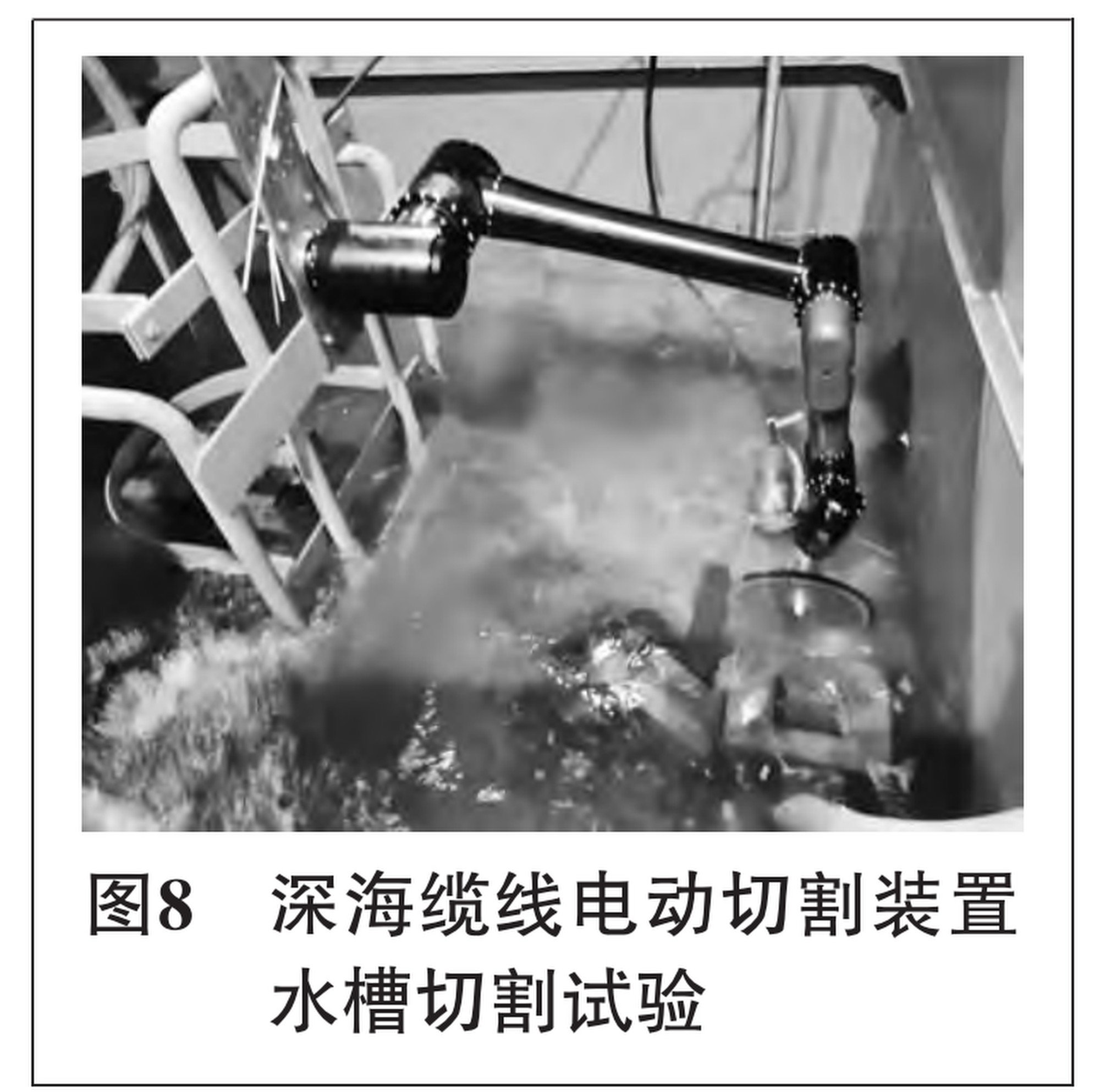Featured
- Get link
- X
- Other Apps
China's Game-Changing Deep-Sea Cable Cutter: A New World Order?
China has introduced a small yet powerful deep-sea tool designed to cut through even the strongest submarine cables used for communications and power transmission, which might alter the balance of sea dominance among nations worldwide.
The revelation marks the first time any country has officially disclosed that it has such an asset, capable of disrupting critical undersea networks.
The instrument can slice through lines at depths of up to 4,000 meters (13,123 feet), which is double the deepest reach currently achievable by similar tools. subsea communication infrastructure - has been tailored explicitly for compatibility with China’s sophisticated manned and unmanned submersibles such as the Fendouzhe, also known as Striver, and the Haidou series.
Are you looking for insights into the most significant issues and developments globally? Find your answers here. SCMP Knowledge Our updated platform features handpicked content including explainers, FAQs, analyses, and infographics, all provided by our esteemed team of experts.
Developed by the China Ship Scientific Research Centre (CSSRC) and its affiliated State Key Laboratory of Deep-sea Manned Vehicles, the device targets armoured cables - layered with steel, rubber and polymer sheaths - that underpin 95 per cent of global data transmission.
Although designed initially as equipment for civilian recovery operations and ocean floor exploration, the multi-purpose nature of this technology might trigger concerns among other countries.
For instance, severing wires in areas that serve as critical bottlenecks like Guam , which is a linchpin of the US military's second island chain, a defence strategy used to contain China, the tool could essentially destabilise global communications during a geopolitical crisis.
The cutting tool's design has overcome several formidable technical challenges arising from the deep, according to the team led by engineer Hu Haolong authored a peer-reviewed article featured in the Chinese journal Mechanical Engineer on February 24.
At depths of 4,000 meters, the water pressure surpasses 400 atmospheres. However, the gadget’s titanium alloy casing along with its oil-filled seals ensure it remains intact and functional despite the continuous stress exerted by the aquatic environment.
Traditional blades also falter against steel-reinforced cables. The solution, according to Hu and his colleagues, was a 150mm (six-inch) diamond-coated grinding wheel spinning at 1,600rpm - enough force to shatter steel while minimising marine sediment disturbance.

Mounted on submersibles with constrained power budgets, the tool's one kilowatt motor and 8:1 gear reducer balance torque (six Newton-metres) with efficiency, though prolonged cuts risk overheating.
The device is managed via robotic arms even under near-zero visibility conditions and includes sophisticated positioning tech to prevent mismatches.
The introduction of the device coincides with China strengthening its position in undersea infrastructure is expanding.
Beijing currently manages the globe's biggest collection of manned and unmanned submarines, equipped for various operations. reaching any part of the world's oceans.
Construction of a 2,000-meter-deep " space station The operation beneath the waters of the South China Sea commenced last month to accommodate a team of at least six individuals residing there for one month.
In the meantime, America’s aging deep-sea fleet is finding it difficult to stay ahead. Japan's The sole manned submersible, Shinkai 6500, is set for retirement in a few years and lacks a replacement.
Guam continues to be a keystone. US Indo-Pacific strategy , accommodating over a dozen fiber-optic cables catering to both military and civilian customers, including Google.
China's tool, operable from stealthy unmanned platforms, could exploit such bottlenecks without surfacing - a scenario that has drawn increasing discussions in military research communities since Russia's seabed natural gas pipeline was blown up By unnamed participants during the conflict with Ukraine.
However, Hu's team maintains that the device, which has proven effective in cutting 60mm-thick cables during surface tests, supports "the exploration of marine resources."
They noted that countries are now required to shift their resource extraction efforts toward the oceans.
The 21st century is the era of the oceans. Strengthening the capability for developing marine resources, promoting the blue economy, and transforming China into a leading maritime nation are essential elements in achieving the Chinese dream.
More Articles from SCMP
A major China-US agreement appears unlikely in the near future, but smaller deals could be achievable soon, according to experts.
Protests erupt in Beijing over ex-Japanese military leader's appointment as advisor to Taiwan
AI entrepreneur Lee Kai-fu bets his start-up’s future on DeepSeek and open source
Longevity wellness gyms can help extend health spans so you live longer in good shape
This article originally appeared on the South China Morning Post (www.scmp.com), the leading news media reporting on China and Asia.
Copyright (c) 2025. South China Morning Post Publishers Ltd. All rights reserved.
- Get link
- X
- Other Apps
Popular Posts
Unmasking Misinformation: Journalist’s Quest for Verified Truth (International Edition)
- Get link
- X
- Other Apps
PTA Clarifies: X Disruption (Formerly Twitter) Unrelated to Local Internet Filtering – International Edition
- Get link
- X
- Other Apps
Comments
Post a Comment